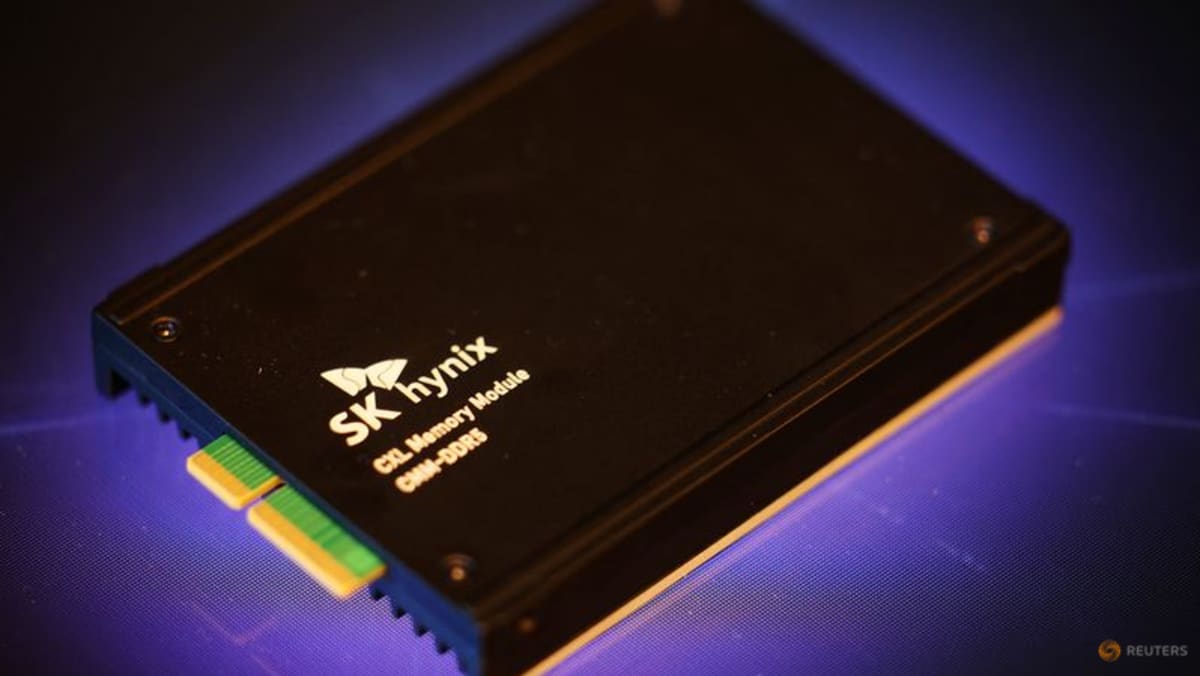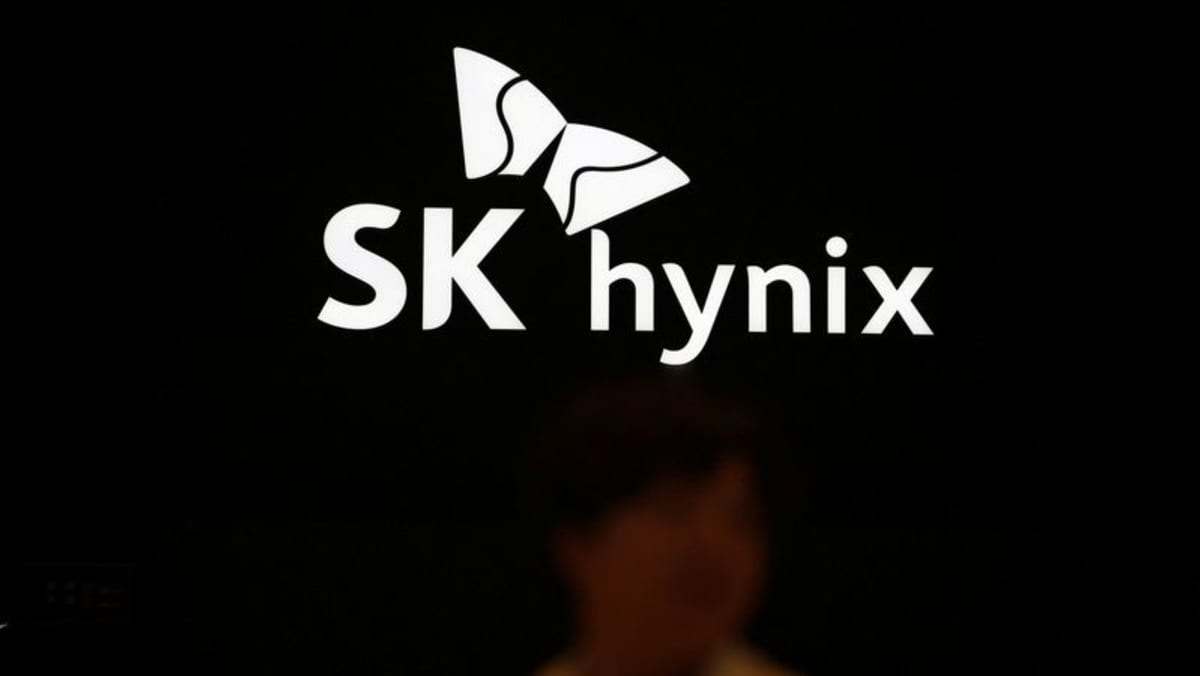In a landmark achievement, South Korea's SK Hynix, a vital player in the semiconductor industry and a key supplier for Nvidia, announced record profits for the second quarter of 2025. The company reported
Did You Know
The Eiffel Tower can be 15 cm taller during the summer due to thermal expansion.
?
AD
a staggering 35% increase in revenue and a remarkable 69% rise in operating profit compared to the same period last year. This phenomenal growth has been primarily driven by strong demand for advanced chips used in generative artificial intelligence applications, as well as stockpiling efforts from customers anticipating potential U.S. tariffs.
In light of these impressive results, the chipmaker is eager to capitalize on the momentum by ramping up investments in advanced memory chip capacity to meet the rising demand. Executives have expressed that they aim to alleviate investor concerns about potential slowing growth, reaffirming their commitment to maintaining an edge in the competitive landscape of AI technology.
Looking ahead, SK Hynix has set ambitious goals, including plans to double sales of high-end AI chips, reflecting its confidence in the continued expansion of the AI market. As demand for AI-driven innovations continues to soar, the company’s strategic investments position it for sustained leadership in the semiconductor realm. This forward-thinking approach highlights SK Hynix's resilience in adapting to market shifts and underscores the growing significance of advanced semiconductors in shaping our digital future.
Q&A (Auto-generated by AI)
What factors drove SK Hynix's record profit?
SK Hynix's record profit was primarily driven by strong demand for advanced chips used in generative artificial intelligence applications. The company reported a 69% increase in operating profit, attributed to customers stockpiling semiconductors in anticipation of potential U.S. tariffs. Additionally, the growth in AI technology has significantly increased the need for high-performance memory chips, which further bolstered SK Hynix's financial results.
How does AI demand impact chip manufacturers?
The demand for artificial intelligence (AI) technologies has created a surge in the need for specialized chips, particularly those designed for processing large datasets and complex algorithms. Chip manufacturers like SK Hynix benefit from this trend as they develop advanced memory solutions to meet the requirements of AI applications. This increased demand leads to higher sales and profits, prompting manufacturers to invest more in production capabilities and innovation.
What are generative AI chipsets?
Generative AI chipsets are specialized processors designed to support generative AI models, which can create new content, such as text, images, or music, based on learned patterns from existing data. These chipsets are optimized for high performance and efficiency, allowing for rapid processing of complex algorithms. Companies like SK Hynix produce the memory chips that are crucial for the functioning of these advanced AI systems, enabling faster and more efficient data handling.
What is the significance of U.S. tariffs?
U.S. tariffs are taxes imposed on imported goods, which can significantly affect international trade dynamics. For semiconductor manufacturers, potential tariffs on imports can lead to increased costs and supply chain disruptions. In response, companies like SK Hynix may stockpile semiconductors to mitigate risks. The anticipation of tariffs can also drive companies to boost domestic production and investment to remain competitive in the global market.
How does SK Hynix compare to other suppliers?
SK Hynix is one of the leading semiconductor manufacturers, particularly in the memory chip sector, competing with other giants like Samsung and Micron. While SK Hynix has recently reported record profits due to AI demand, competitors are also investing heavily in similar technologies. The competitive landscape is shaped by innovation, production capacity, and the ability to meet market demands, particularly for advanced AI applications.

















